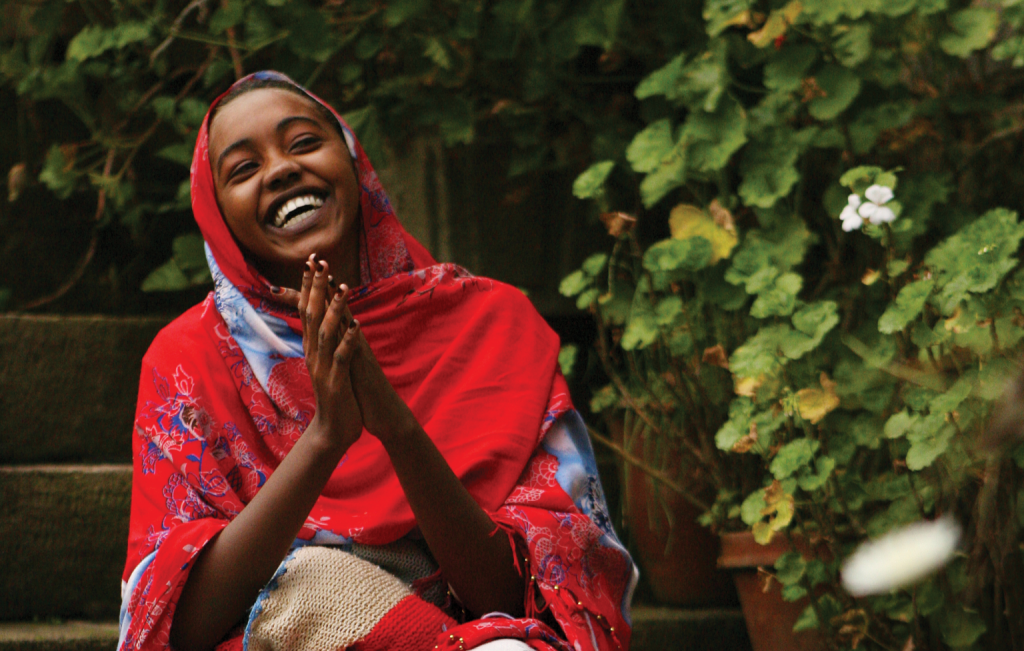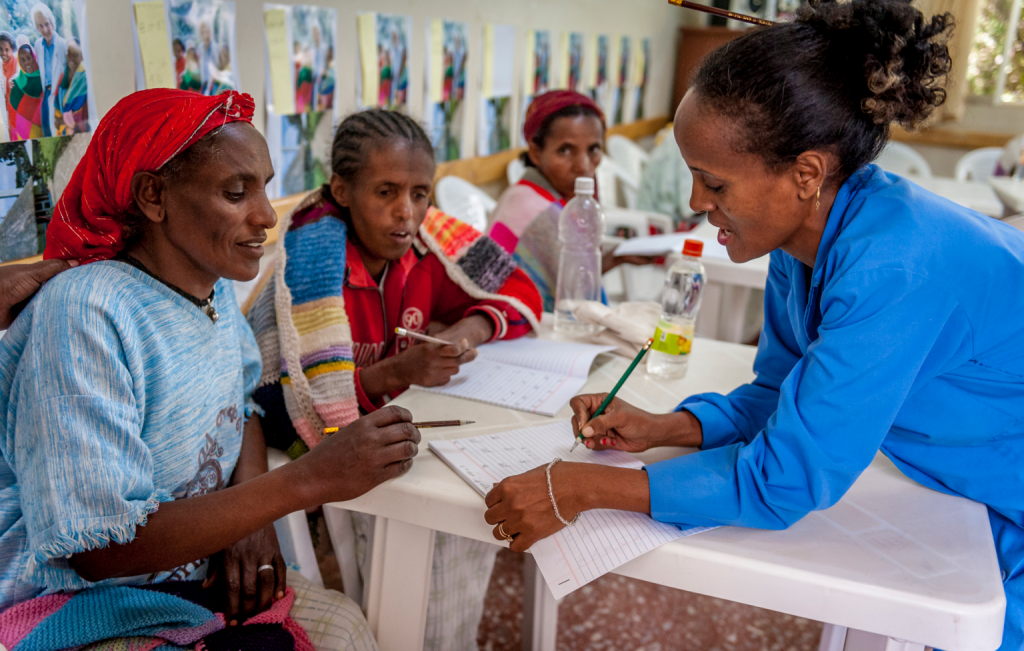The theme for International Women’s Day 2024 is Inspire Inclusion. When we inspire others to understand and value women's inclusion, we forge a better world. And when women themselves are inspired to be included, there's a sense of belonging, relevance, and empowerment.
Sadly, there continue to be many stereotypes and biases which create barriers for women accessing basic rights.
Every woman deserves to determine her own future, but those who suffer from an obstetric fistula, a debilitating childbirth injury, are often left incontinent and facing social and economic exclusion.
This can lead to malnourishment, impoverishment, and poor mental health. As such, when a woman arrives at Hamlin for care, she requires a multifaceted approach to her treatment that extends beyond fistula repair surgery.
Every time a former fistula patient is able to return to her community, gain employment, start a business, socialise or have children again, biases are broken.

Holistic treatment that goes beyond surgery
For 63 years, Hamlin Fistula Ethiopia has been committed to caring and empowering women not only through life-saving fistula repair surgery, but also through the restorative Hamlin Model of Care.
Through the Hamlin Model of Care, Hamlin patients are provided nutritious food, clothing and a Hamlin blanket, preoperative and postoperative physiotherapy, customized counseling programs, literacy and numeracy classes, vocational training, and reintegration support. The holistic ethos which underpins all patient care at Hamlin extends to empowering women after they return to their communities.

How can you support women this International Women's Day?
Donate: Every Woman Matters. Your donation helps restore the life of some of the world's most vulnerable women.
Social media: Share this blog on social media to spread the Hamlin story and encourage other to learn more.
Talk: Have a conversation with your family, friends or colleagues. Talk to them about what International Women’s Day means to you and let them know about Catherine Hamlin Fistula Foundation.
Read: Discover the incredible story of two formidable women whose friendship helped transform the lives of thousands of women with fistula. Healing Lives is the untold tale of Mamitu Gashe, the protégée of Dr Catherine Hamlin, and their inspiring decades-long friendship. Get your copy of Healing Lives here.